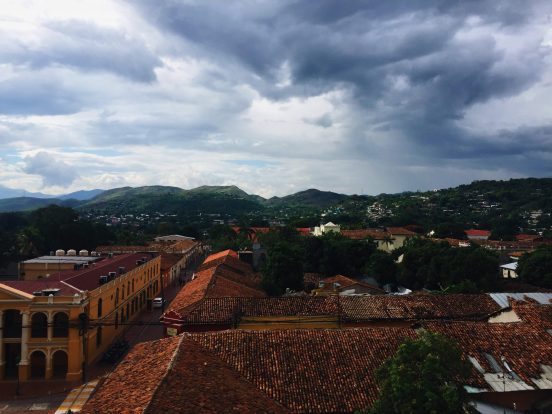I would love to live in Honduras. In fact, I hope to do exactly that after I graduate at the end of this school year. If you’ve read some of my previous posts you know that I’ve had some experience in the country. I initially visited on a mission trip to work with a Catholic University student group, and I have since been back several times to visit my boyfriend and his family. I love the culture, the food, and the different communities. I’ve mainly visited the mainland cities of Tegucigalpa and Comayagua, but I have friends from all over the place (including some with Garifuna heritage).
Now, some of you might be thinking: but isn’t Honduras dangerous? Isn’t there a lot of poverty? Why would you want to move to a third world country when you live in Canada? You wouldn’t be the first to express these ideas to me. From Hondurans and Canadians alike I have heard this same line of questioning. This is not to say that there is no poverty or danger in Honduras. As well, I recognize that having the option to choose to live in a ‘third’ or ‘first world’ country comes from a position of great privilege. However, allow me to highlight why this thought process might be harmful.
First of all, country developmental stages were defined by Westerners who were looking to Europeanize or Americanize undeveloped countries (K.M. Hall, 36). Europe and the USA are supposed to set the standard. Meanwhile, considering the condition of the USA right now, are we sure that that is something to strive for?
Furthermore, as Hall touched upon in their quotations of Marisol de la Cadena (2008) and Escobar (1992), definitions of development have affected the way the peoples of these nations see themselves (47). Honduras is now seen, by Hondurans and non-Hondurans alike, as a place to get away from as fast as possible, simply because its issues are different from the issues of other parts of the world. If everyone abandons this country for the ‘First World,’ what will be left of their culture and traditions?


